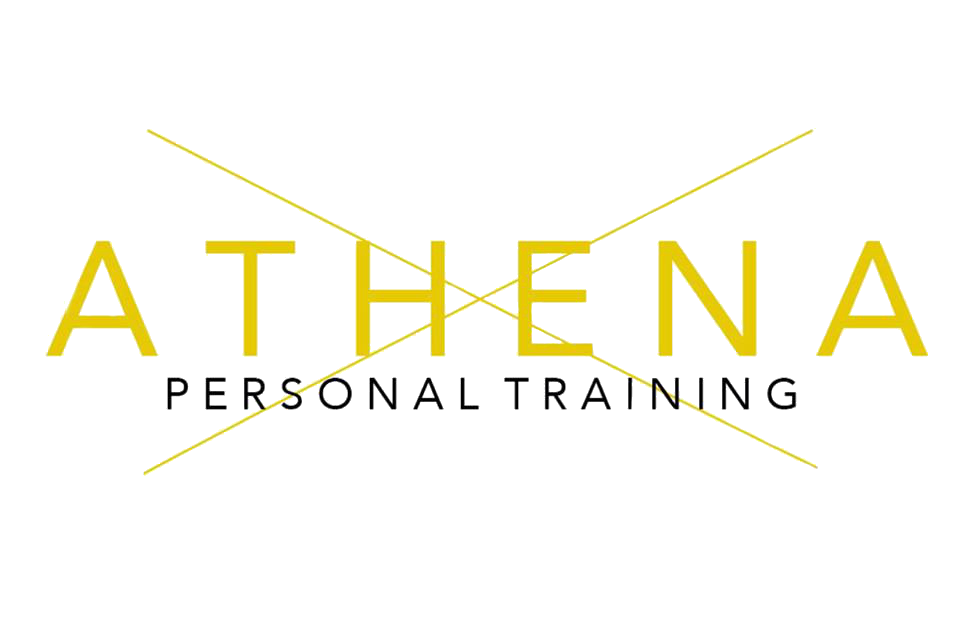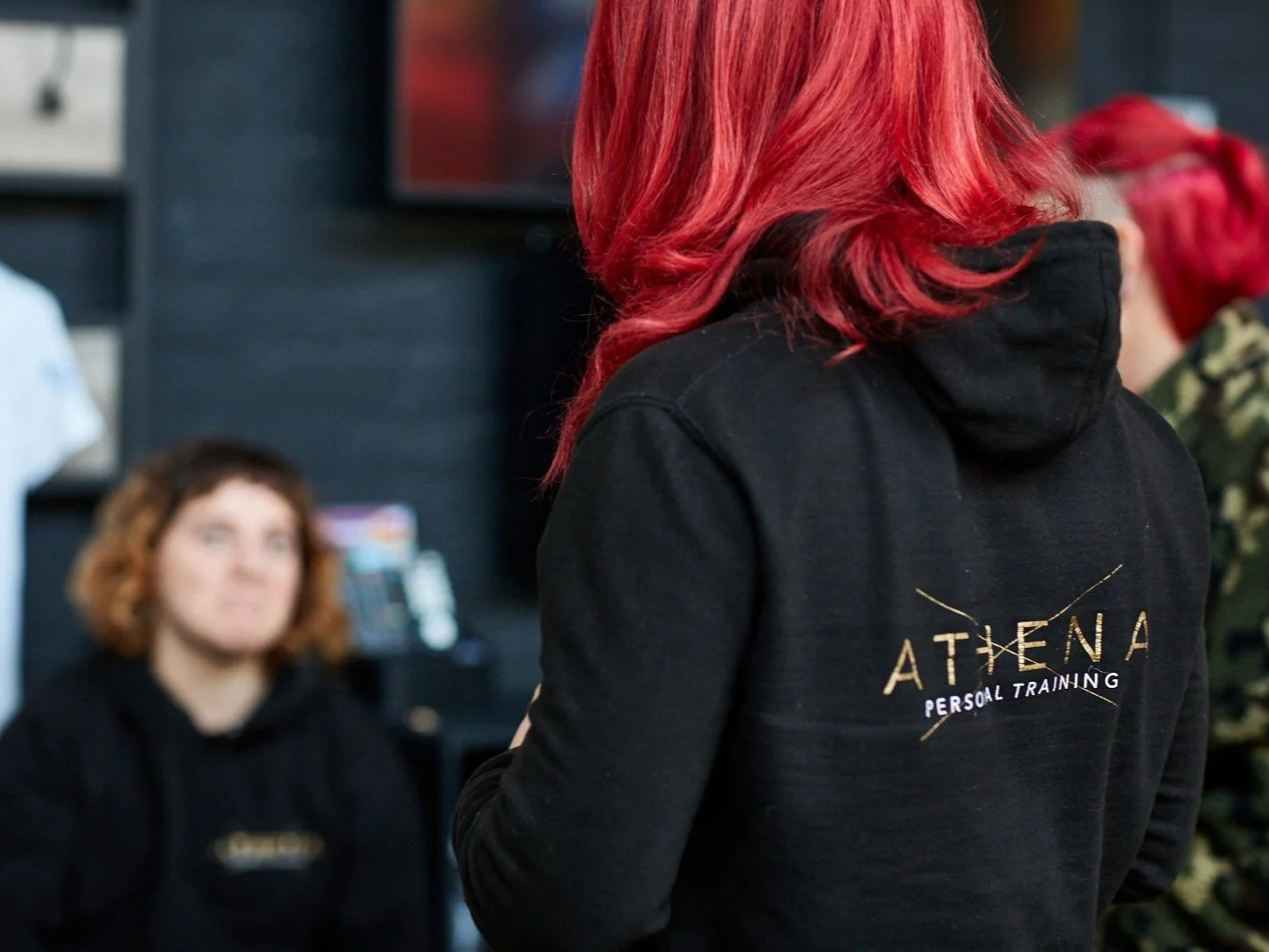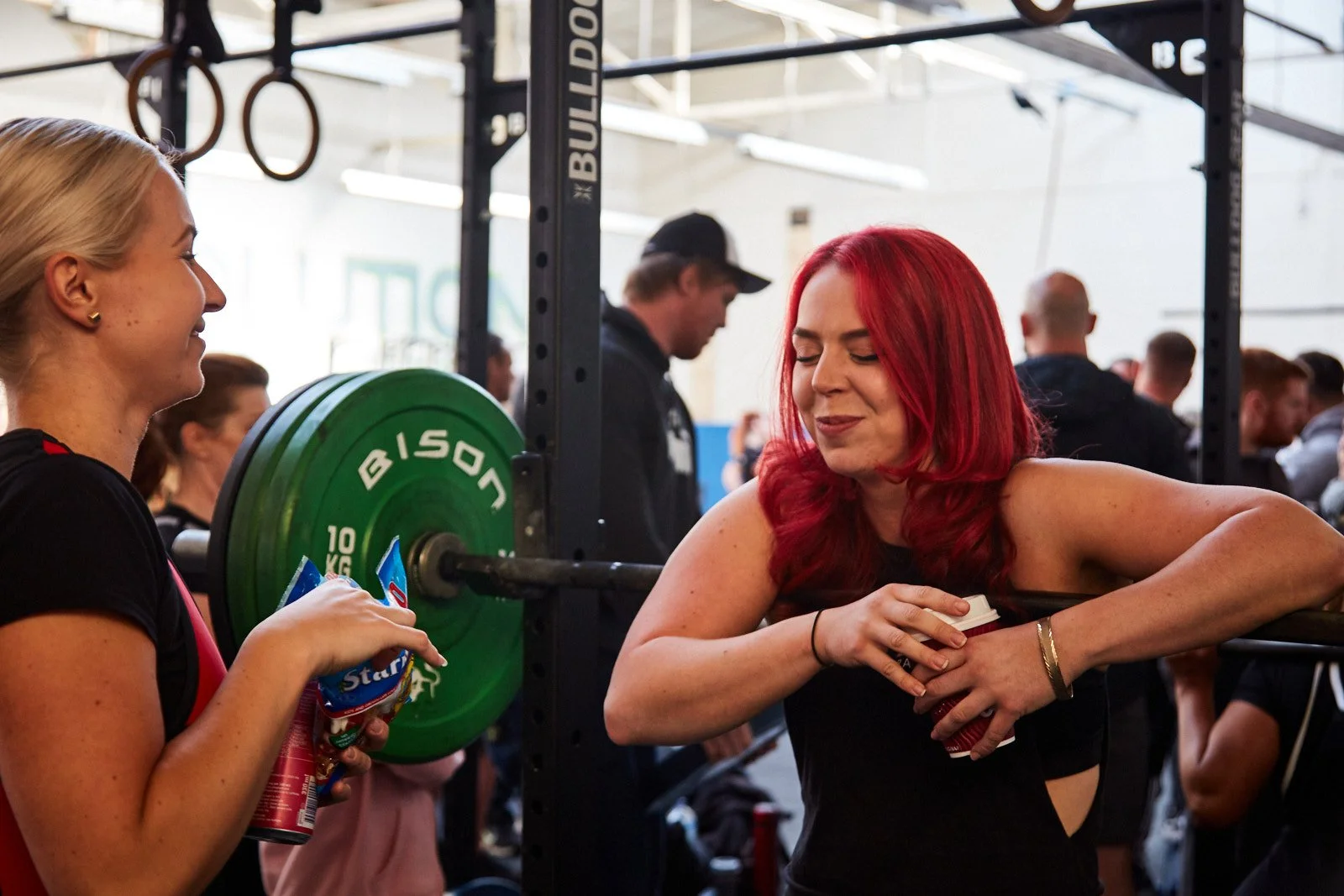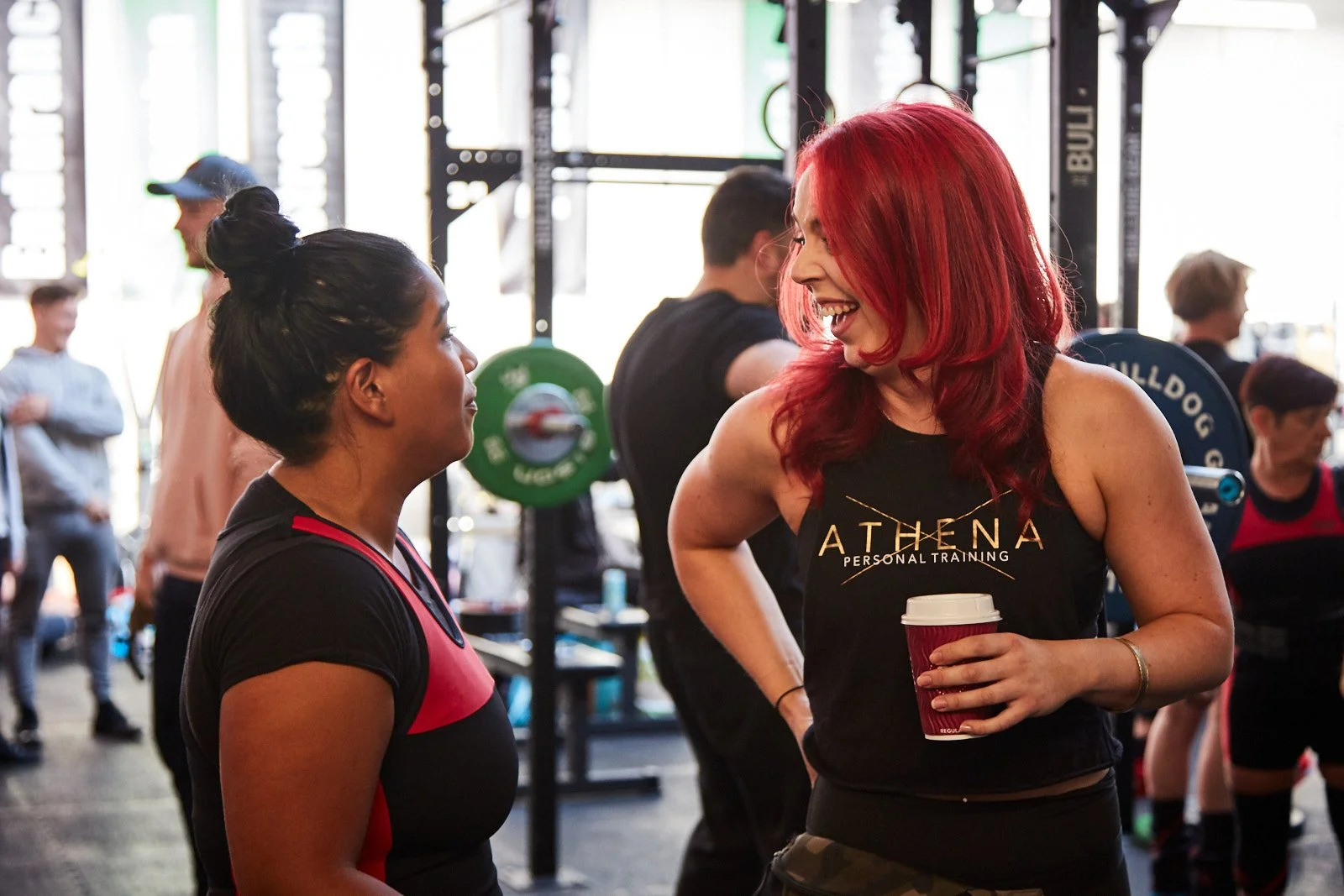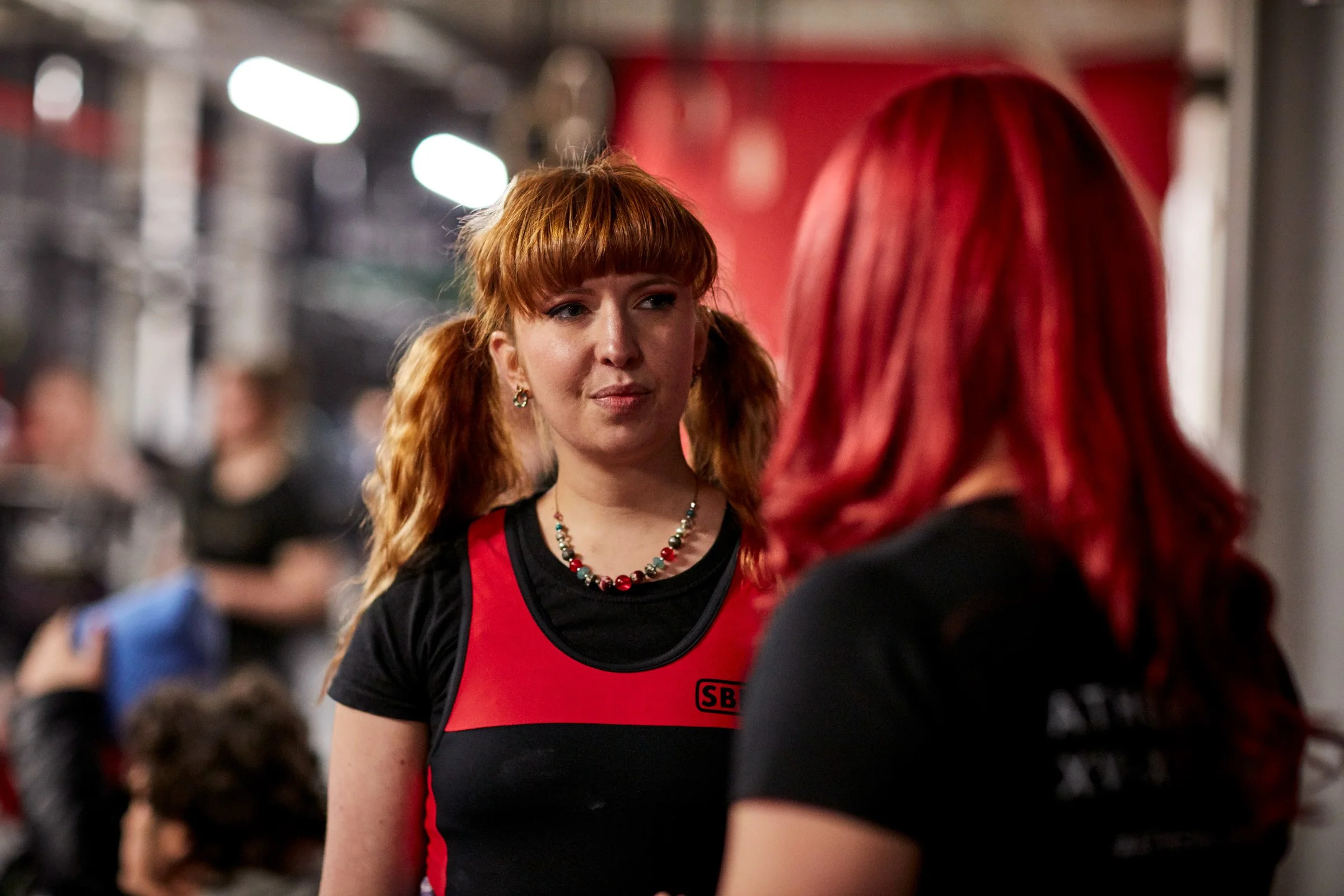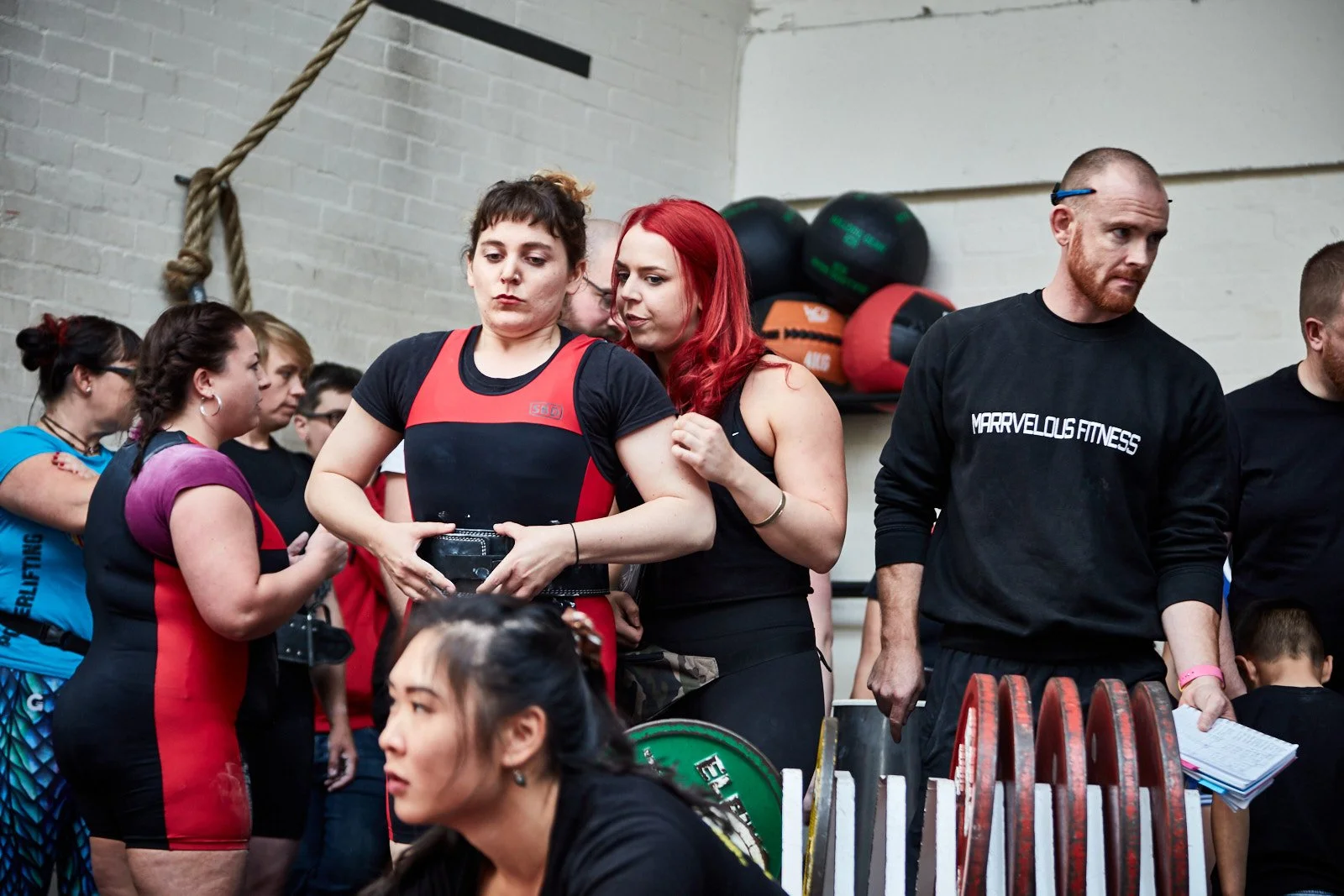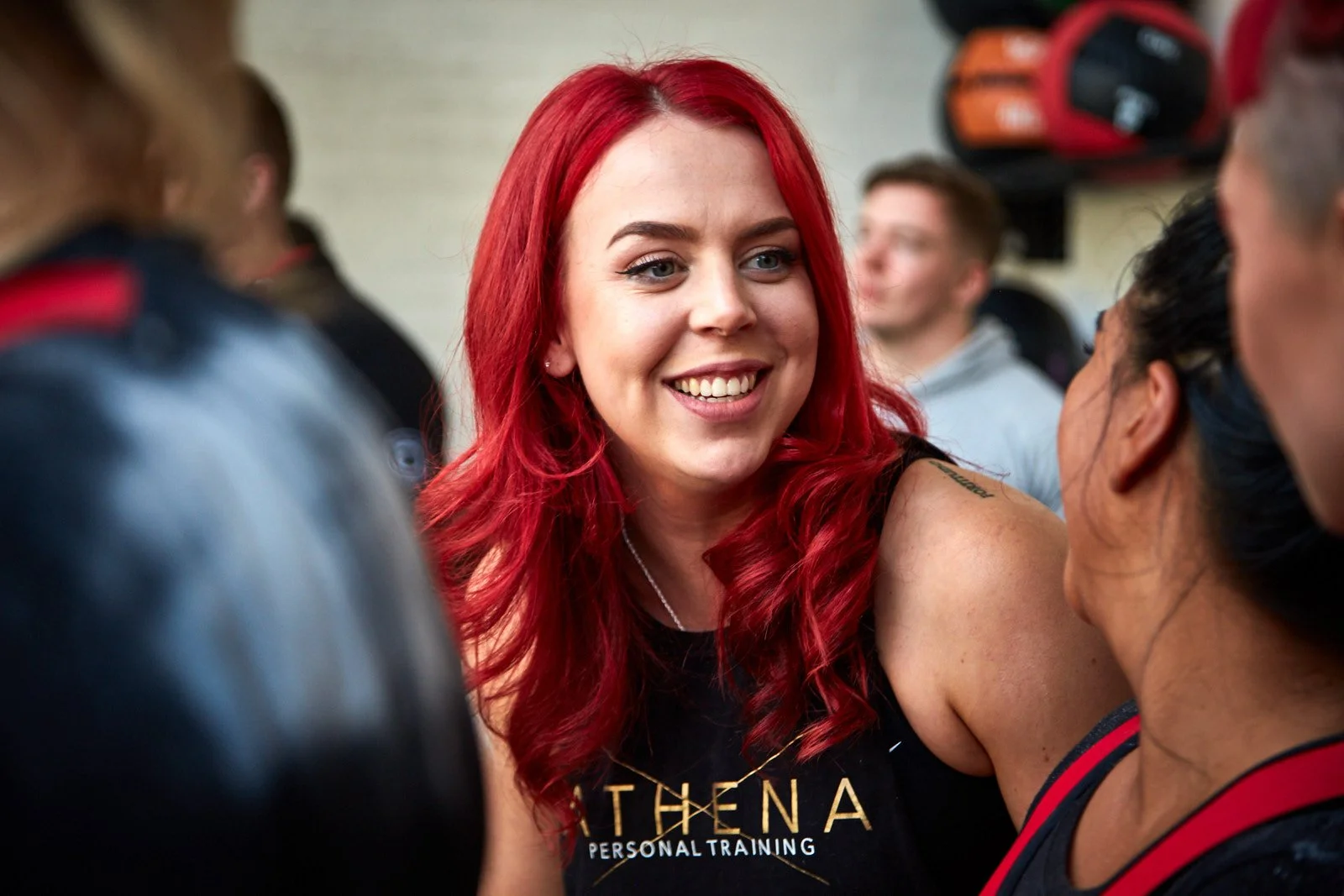The Coaching Relationship - From My Perspective
Hello and welcome (back) to my blog! It has been a while since I last sat down to write a blog post or article, and I can’t give you one good reason why. I absolutely love writing, it brings out a deeper more creative side of me which I feel I can definitely show the world more of.
So what better way to start today, than to talk about relationships! Specifically, our relationship.
I am going off the assumption that most of my readers will either be current clients, future clients, past clients, or fellow Fitness Professionals who are interested in my content and my work. Hence why I am going to write this blog in more of a personal manner, from me to you.
If you already know me, then you’ll know that I like to cultivate positive and trustworthy relationships with my clients. I wonder if this may be a quality I picked up in my younger years of working as a Hairstylist, mixed with my personality type (INFJ for those Myers-Briggs fans!).
I personally believe that in order to truly get the most out of someone, trust has to be built. I appreciate that not all coaches create friendships with their clients and that is completely OK as well.
There have been times where I have wondered whether adopting a more business-minded coaching style would work better in general, being able to compartmentalise work from my personal life. There have also been times where boundaries have been overstepped in a professional setting, and I’d be lying if I said it hadn’t affected me on a personal level.
Are these situations inevitable?
Does being emotionally invested in your business and your client relationships make you a better, or a worse coach?
A Deeper Meaning
I have said it once and I will say it again; I am an absolute sucker for quotes. But it doesn’t end there, I also love delving into definitions. I am that person who will Google the meaning behind song lyrics so I can find out what the artist really means behind the words. I have always had the need to look for meaning behind things.
I don’t believe in doing things without a clear reason. I also believe that most people, consciously or subconsciously, share that belief with me. I say this with confidence because I have helped such a diverse range of people over the years, and they all have one thing in common; a deeper, more intrinsic motivation behind the initial goal they come to me with.
For example, a lady - let’s call her Sarah - once contacted me wanting to get strong for her first powerlifting competition. From her initial perspective she thought being strong would be pretty cool. A couple of months down the line as Sarah and I started to share deeper, more meaningful conversations in our training sessions together, Sarah shared that she was bullied as a child. Later in life, Sarah got into an abusive relationship which she was able to walk away from about a year before joining the gym and meeting me.
Sarah still struggled to stand up for herself in everyday situations that others may see as insignificant, but to Sarah they confirmed her negative self belief.
Sarah didn’t realise this on a conscious level, but Sarah was fighting back. By getting her body physically strong and by proving to herself that she was capable, the biggest changes weren’t going to be physical (even though the changes were very visible!), the biggest change would be to her character.
Sarah went on to compete in her first powerlifting competition and she blossomed. Seeing her on the platform was like seeing an entirely different person. It was as if she had found her voice again, her right to take up space.
So think about that goal that you have right now.. Could there be more to it than you first thought?
What is a Coach Anyway?
“Coaching is helping people learn, rather than teaching them.” - Tim Gallwey
A very subtle difference, though not often discerned. To me reading that sentence filled in the gap left by countless definitions of the term ‘coach’ that I have come across ever since I entered the Fitness Industry.
I’ve always had this idea in mind that in order to be a ‘Coach’ instead of just another ‘Personal Trainer’ I had to be different, or more than. Maybe this stemmed from my own need to always push myself to be more, or maybe it was because I knew I was capable of making this job more impactful to others and more meaningful to myself.
Witnessing an abundance of new PT’s flood in and out of the gyms year after year may have also influenced my perspective on the average ‘Personal Trainer’ (FYI, the average annual turnover rate for personal trainers is in between 80-90%). I was determined not to place myself in the same category.
When I want to help someone learn, it would naturally require some form of dynamic between me and the other person. Science has also proven that in order for us to even give someone the time of day and listen to their advice, we need to actually like the person (at least a little bit!). So, building relationships with the people I coach in order to help influence them in the most positive way possible seems pretty logical!
The Three Compounds of the Coaching Relationship
Now that you know a little bit more about me and the way I think, you won’t be surprised at my choice to write an entire blog post about my ponderings of ‘The Coaching Relationship’.
One evening, unable to stop my brain from going on yet another tangent I thought to myself; “If I were to strip the coaching relationship down to it’s absolute core, what would its components be?” - “If I were to boil it down to its base ingredients, then what would be the fundamentals?”
I came up with 3 things that I believe the coaching relationship can’t do without. I truly believe that without these 3 components, a healthy relationship would not be able to sustain itself.
I call them: “The Three Compounds of The Coaching Relationship.” *
* Although grammatically incorrect, I feel the play on words makes up for it. Swap ‘compounds’ for ‘components’ for a more grammar friendly version.
Compound #1 - Communication
“Good communication is the bridge between confusion and clarity” - Nat Turner
Most people think they are good at communicating. The truth is, there are many more aspects to communication than solely the words that come out of our mouths. In fact, only 7% of communication is verbal. Even nuances in the way we present the words we say with our tone, our eye contact, our body language and many more non-verbal cues that we are unaware of all send signals to the other person to be picked up on.
Then there’s the internal side of communication, how the words we say don’t always fully match up with our intentions or our interpretations. We are either scared to be too blunt, or we may come across as blunt when we had no intention in doing so.
As you may have already gathered, communication will always have to come from both parties. We must all take responsibility for our own communication style, and how it is perceived by others. This does not mean that you are to blame if someone takes something you say the wrong way, but you can be aware of how it may be perceived and whether or not you could have been clearer with your words.
Something else I think is very important, especially in the coach-client relationship, is for the coach to create a culture of ‘openness’ from the very beginning. I always try to build that ‘safe haven’ where anything can be discussed from the very first meeting with a new client. You have to remember that there is a slight difference in the power/responsibility dynamic because it is a professional relationship ((by this I mean, the client is paying the coach for their services and their expertise) and this is totally healthy in the context of the coach-client dynamic.
Compound #2 - Boundaries
“Mutual respect is the foundation of genuine harmony” - Dalai Lama
This brings us on the second compound; boundaries. Now let’s start with a quick masterclass on boundaries, what are they?
“A boundary is a limit to something that is mutually understood and respected by both parties.”
“A boundary can also be seen as a spoken or unspoken rule. Boundaries should never be used to oppress someone or bully them into a certain way of acting, it should instead help create a safe place where overstepping those boundaries consciously or unconsciously is minimised.”
Let’s look at an example of a couple of boundaries:
The ability to communicate physical/social/psychological needs
The ability to express one’s opinion
The right to change your mind
Let’s get a little more specific with our examples:
I want to say what I want to do today without hurting someone else’s feelings or disappointing them (“I don’t want to do that today.”)
I want to be able to say how I feel without the fear of an angry response (“I feel nervous when you bring up that topic with me. Can we discuss it in a different way?”)
I want to be able to change my mind without needing to explain myself (“I’ve changed my mind about that activity, can we try something else instead?”)
Healthy boundaries are a reflection of your principles, rules, and guidelines that you have set for yourself. A break in those boundaries arises when the other person disrespects, ignores, or isn’t aware of those principles or personal needs.
The way I see it, there are 2 parts to setting boundaries: Being able to set them with yourself, and communicating them clearly. Both of which are your personal responsibility (for everyone involved.). It can be terrifying to set boundaries especially if you have never really set boundaries before. This is where it helps greatly if you have a coach who allows you to speak your mind in a judgment free zone.
“Kim, does that mean you never struggle with boundaries yourself?”
On the contrary, it’s something I have struggled with all of my life. I’ve had to educate myself, push myself out of my comfort zone and I’ve even had to have difficult conversations with people that haven’t always worked out the way I wanted them to. But it’s because of this, that I am able to recognise how important boundaries are for my clients and for myself.
If you also struggle with setting boundaries, here are a couple of tips that may help.
Don’t feel like you have to go from 0 to 100 when you start setting boundaries. Simply speaking up once, or saying ‘no’ once every so often will allow you to practice it little by little.
If setting a boundary in person terrifies you, start by writing it down. Emails, texts or letters are all a good starting point. This doesn’t make the boundary you are setting any less important or valid, it simply means you decided to choose a different medium.
Don’t be afraid to get it wrong. You’re not going backwards if it didn’t go as planned, you are learning.
(The points above are equally useful for practicing open communication.)
Compound #3 - Trust
“Trust is earned when actions meet words.” - Chris Butler
Trust is the glue that holds everything together. Trust is what makes a relationship a relationship in the first place. In my opinion, without trust all you have is a series of interactions.
Trust is something that has to be built in the context of the coaching relationship. From meeting a coach or client for the first time, to helping them open up about their wants and needs. It takes a certain level of trust which cannot be rushed.
There are ways of building trust that don’t necessarily require face to face interaction with that person. Think about content for example, and all of the people you like to follow on social media. There is a big chance you haven’t actually met any of them in person, and maybe you’ve never even had a conversation! But maybe you like them because of what they stand for, maybe you like how they help build others up and you can see how other people interact with that person.
Another very powerful way to build trust is by word of mouth, if someone you know and trust already has trust in another person, you are more likely to as well because of that ‘review’.
I like to build trust in a couple of ways; Firstly, I like to reciprocate vulnerability in our communication. Whether someone comes to see me to get stronger or to change their body, they are showing up with a level of vulnerability. They are sharing a journey with me that is extremely personal. By opening up about my own journey and my own experiences I allow them to get to know me as a person.
Secondly, I find it very important to communicate with them often. This shows them that they are relevant and important, and not just for that 1 hour a week when they get to see me or check in with me. My clients know the door is always open and that nothing is off topic.
Thirdly, consistency. Consistency in the way you communicate, consistency in your boundaries and consistency in your actions is how you build trust over time. We all want to feel safe within the relationships we have, and a coach- client relationship is no different.
The Takeaway Message
I want you to imagine the relationships you have in your life right now. Whether they are intimate relationships or more casual/business-like relationships, do you think you can sustain those relationships without all of those three compounds?
What would it look like if you only had boundaries and trust, but no communication? Or good communication and trust but lacking boundaries?
Another question I asked myself was; “Are miscommunications or awkward situations inevitable?” - Of course they are.
In our lifetime we are estimated to each meet upward of 10,000 people. With all of those people having their own personalities, experiences and values, we are bound to disagree with some of them and maybe even clash.
The thing that matters is being able to understand and rectify miscommunications when they occur. Nobody is perfect, and everyone views the world through their own rose tinted glasses. We all suck at communicating at times. Being open to alternative points of view, but simultaneously holding our own is important, for every relationship we have.
Lastly, from my point of view; “Does being emotionally invested in your business and your client relationships make you a better, or a worse coach?”
I can only speak for myself when I say it definitely makes me a better coach, friend and person. It’s the relationships I build and the positive impact they can have (on both the client and myself) that drew me to this job in the first place. Being emotionally invested in my work gives me a sense of purpose and a sense of accomplishment.
Knowing where you are on the spectrum of emotional investment and openness in terms of your business relationships is a great place to start when it comes to assessing how much it is benefiting not just you, but also your clients and the business overall. Positive emotions go a long way in terms of building relationships, as well as job satisfaction and longevity of the business.
I really do hope you enjoyed my ramble. Please leave a comment to let me know you dropped by!
See you in the next one!
Love & Gains,
Kim
